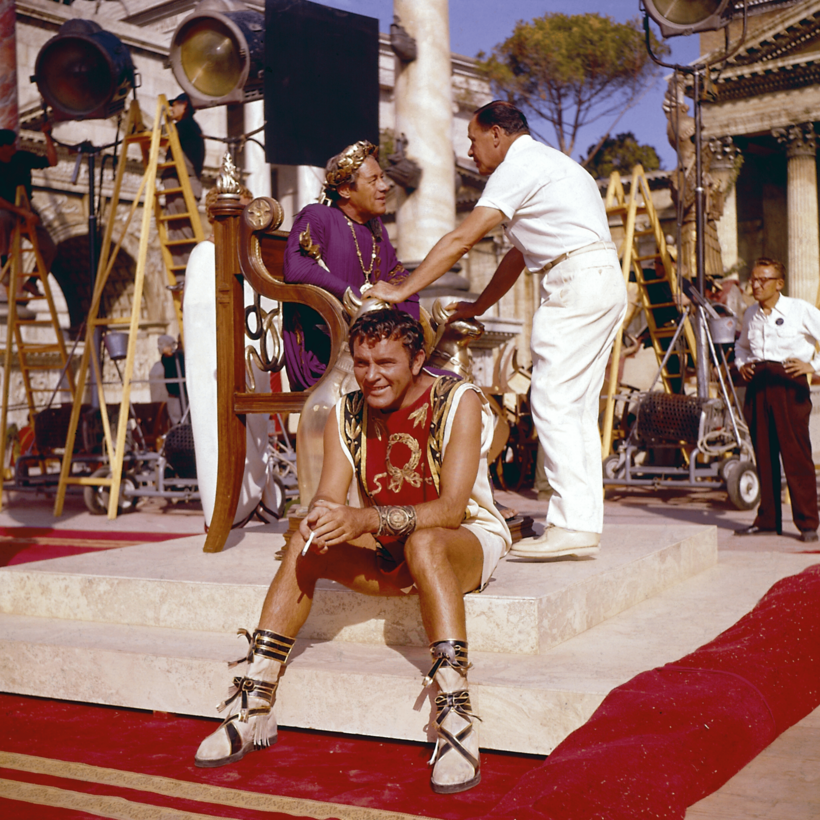I suppose you could say that ancient Rome is having “a moment.” Gladiator II was a commercial success, outpacing the first Gladiator and grossing $450 million worldwide. Elon Musk, the primus inter pares among Donald Trump’s tech Praetorians, has spoken of scattering his seed as an attempt to produce a “legion-level” number of offspring. The Oval Office itself has been redecorated in a way that calls to mind a Roman imperial palace, with gilded ornaments and golden filigree on every surface. The coffee table holds a model of the new Air Force One, the president’s version of a lectica—the litter on which Rome’s wealthy and powerful were borne by slaves. The current atmosphere of menace and authoritarianism in the imperial capital is certainly worthy of that earlier time.
So perhaps it’s not surprising that a book called The Neverending Empire, by Aldo Cazzullo, is having a moment, too. Cazzullo is a prominent Italian journalist and the author of 30 books. This new one was a big hit in Italy—selling upwards of 250,000 copies—and is now being published in English. The subtitle of the book captures the subject matter and the argument: “the infinite impact of ancient Rome.” As Cazzullo writes, “The Roman Empire never really fell, nor will it fall. It has continued to live on in the minds, words, and symbols of the empires that came after it.”

